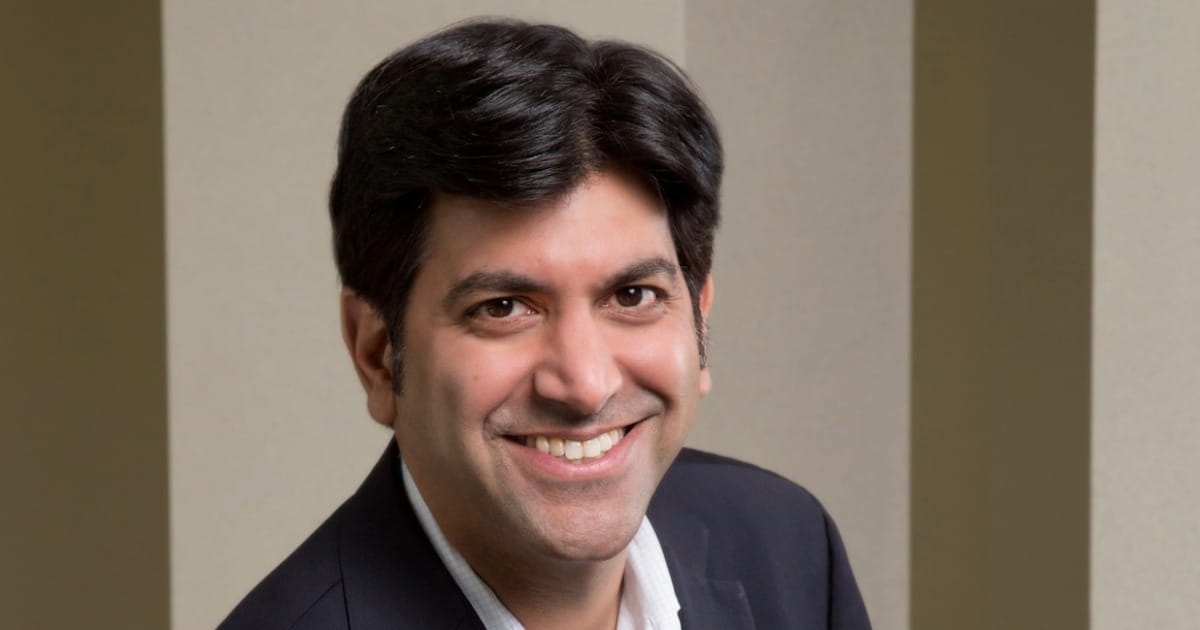 Nurses who use a smartphone-based clinical guidelines program about smoking screen patients more often and are more successful at helping patients quit smoking, according to a Columbia University School of Nursing study published in Oncology Nursing Forum.
Nurses who use a smartphone-based clinical guidelines program about smoking screen patients more often and are more successful at helping patients quit smoking, according to a Columbia University School of Nursing study published in Oncology Nursing Forum.
The study looked at the screening rates of 185 registered nurses who used the smartphone based system to treat patients during 14,000 clinic visits. All nurses were enrolled in advanced degree programs at Columbia's School of Nursing.
When patients displayed a willingness to quit smoking, 99 percent of the time, nurses using the program followed up with the patient and gave them teaching materials, counseling, and referral interventions. The nurses also asked patients about their smoking habits in 84 percent of the clinic visits. The researchers found that using the smartphone-based program helps educate nurses about resources they would need to treat patients and reduce discrepancies when nurses are screening patients in different settings, in this case, acute and ambulatory care.
The study also looked at predictors for when nurses would ask patients if they smoked. Here, researchers found nurses were more likely to screen female and African-American patients. They were also more likely to screen patients who were members of a private insurance company than those insured by Medicare, Medicaid, or uninsured.
“Screening for African-Americans, and men in particular, has traditionally lagged other populations, and the higher screening rates that we found for African-Americans suggest that mobile health-decision tools can help address health disparities,” lead study author and Columbia research scientist Kenrick Cato said in a statement. “The technology can serve to remove any unintended bias clinicians might have about which patients are most likely to benefit from intervention.”
Still, compared to previous research, the survey authors explain, screening rates were higher for all races and ethnicities.
The survey authors write that in future studies, research should be done to analyze the use of smartphones in a clinician's workflow; the effects on patient outcomes when nurses use the smartphone-based program; and how helpful this study would be for nurses with advanced degrees.


